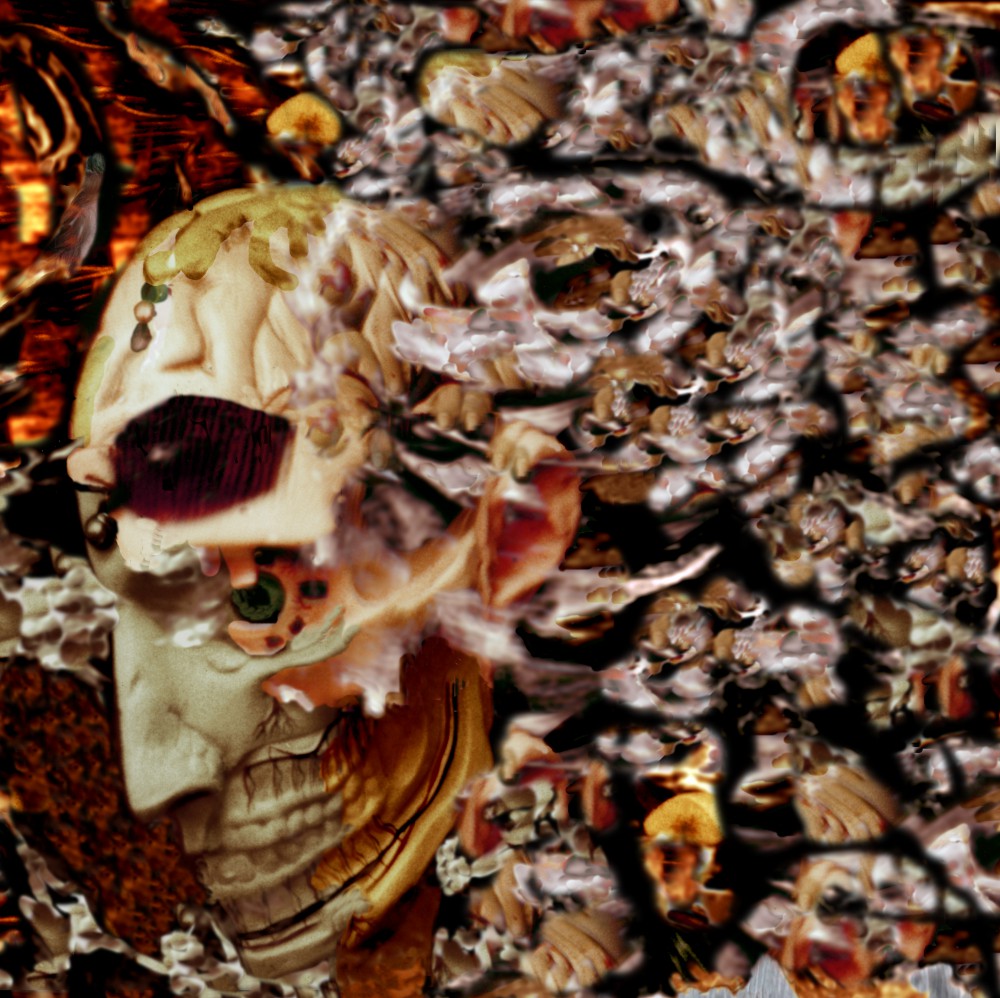For the sake of being commercially viable and safe, much crime fiction ignores truths that are controversial, dangerous, pandering instead to a brainwashed populace. Major publishers understandably have to consider what kinds of friends and enemies in high places their book’s messages make them. But some authors do take that chance of rocking the boat, and I’d like to see more people take risks to produce authentic, culturally meaningful Thriller/Suspense/Mystery unafraid of referencing the fictionalized news in our Cover-up Culture. I, myself, like to write crime fiction that brings attention to people destroyed by, or fighting, the system brutalizes innocent people by distorting reality.
Should we ignore the real crimes against the human psyche by corrupt law professionals, the creation of patsies, COINTELPRO style undermining of the lives of activists, manipulation of citizens through disinformation in the news and CounterIntelligence-created cults? Should we turn a blind eye to the military taking over countries for a sneaky agenda, the ruthlessness of hidden interconnectedness including pest control/waste management – food/poison manufacture — evangelists/government — Theosophy/UN — and so on?
I find crime fiction that props up the corrupt paradigm to be boring, predictable, and old hat. I get excited when I read, or watch movies, that rebel against fakery. Most popular authors seem to present the police or Intelligence agents as being always the good guys, or they single out rogue members of a supposedly great agency. However, many readers are hungry for smart revelations and useful information; when narratives get them to think, and point them cautiously in the direction of true societal crime on a large scale, it’s a service instead of distracting entertainment that reinforces demeaning propaganda.
I prefer to write about crimes which are not simply personal but which are common social problems, such as the FBI creating terrorists by suggesting and funding people otherwise not inclined or capable of committing major crimes.
US: Terrorism Prosecutions Often An Illusion Human Rights Watch reports: “Multiple studies have found that nearly 50 percent of the federal counterterrorism convictions since September 11, 2001, resulted from informant-based cases. Almost 30 percent were sting operations in which the informant played an active role in the underlying plot.”
Substantial numbers of newscasters are paid by the CIA or bribed and backmailed to create the fiction warmongers want people to believe, such as Udo Ulfkotte bravely admits. I like fiction that doesn’t shy away from revealing the lies beneath the brainwashing of our society.
I suspect the majority of Literary readers/writers are not particularly passionate or educated about true crime topics. They would be required to question what authorities paid by CounterIntelligence present the masses for the purpose of creating divisiveness. They have other things on their minds, and that’s fine. But that’s one reason I love Genre, which has the potential to reach more readers with hard-hitting message. It’s often written by insiders, and people with extensive experience outside academia, who don’t need to avoid upsetting university superiors.
Authors who take the time to pull away layers of the deceits created by governments don’t find the same fan-base for those controversial topics in Literary Fiction as they do in Genre. There are few Literary magazines to even submit such stories to for consideration. But Political Thrillers and SF readers are more amenable to authors who take an interest in solid facts and world issues. The readers tend to be more action-based, interested in what corporations do, political intrigue, conspiracies, the direction advanced technology is taking our society, murder and mayhem, legalities, mysteries, danger. SF has the option of writing about topics that might otherwise cause the authors problems by using the future and alternate worlds as metaphors to address sensitive issues.
The real crime fiction is that created by bankers, governments, the military, and corporations, using “news” to create a false sense of reality that the majority of people are hoodwinked by. When fiction writers echo that illusion, they are — willing, or unwilling — co-conspirators in dumbing down our culture. When authors are brave enough to look beyond the naivite of the two party system, and write about what’s behind the machinations of the propaganda machine — hats off!
Some brave Thrillers:
The Deal (movie)
Lexicon by Max Barry
Dime Bomb by J. Arthur
Dark Alliance by Gary Web — movie Kill the Messenger
Some insightful SF:
Fahrenheit 451 by Ray Bradbury
A Clockwork Orange by Anthony Burgess
The Culture by Iain M. Banks
Iron Heel by Jack London
Neuromancer by William Gibson
Minority Report by Philip K. Dick
Mind Control busting YA:
Control Group by Patrick Jones
Candor by Pam Bachorz
Little Brother by Cory Doctorow
Crime Fiction
The mystery of the shining children by Cale Carlson
Morning, Come Quickly by Wanda Karriker
